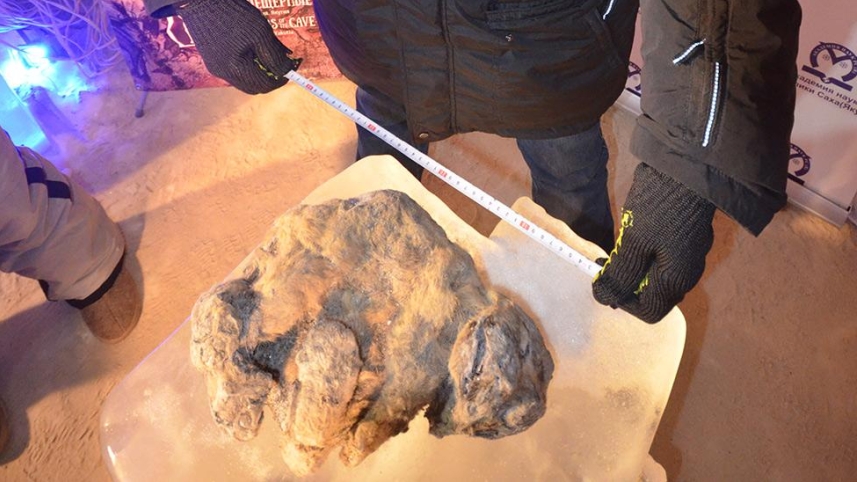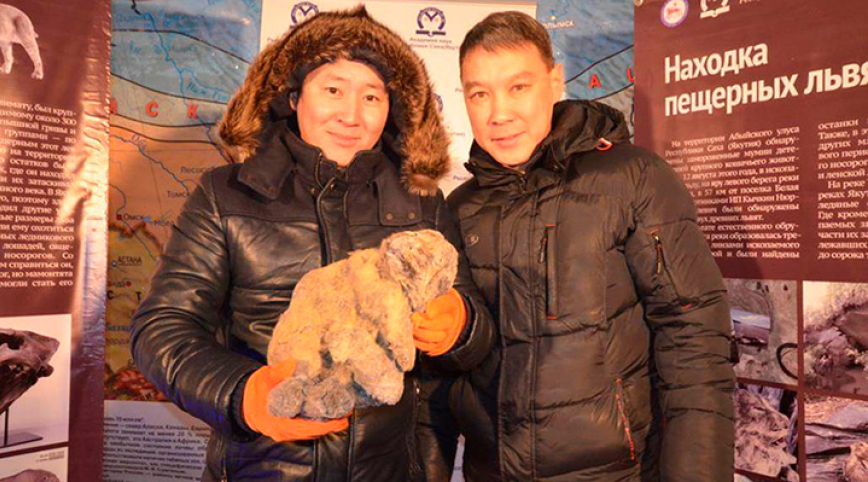More than 12,000 years ago, lions thrived in the caves of present-day Russia. In the latest discovery, Russian researchers found the first ever well-preserved state of two cave lions. The two lions are perfectly frozen in permafrost, and they still had their whiskers and fur.
"As far as I know, there has never been a prehistoric cat found with this level of preservation," said Julie Meachen, fossil expert from Des Moines University in Iowa.
The lion cubs were probably only a month old when they died. The researchers are clueless if the cubs had opened their eyes before, and the carcasses still don't have baby teeth. They were the size of a housecat.
In addition to fur and whiskers, the lions have preserved internal organs and soft parts of the body, allowing the scientists to analyze the ancient creature's anatomy. The researchers also said if there is still mother's milk inside the cub's stomach, they can determine what the adult lions were eating that time.
The researchers uncovered the frozen creatures in the Siberian Arctic. They named it Uyan and Dina after the Uyandina River, where the lions were found.
The Siberian times first published the discovery last month. According to Albert Protopopov from Yakutian Academy of Sciences, the lion cubs probably died inside the cave after a landslide. The researchers found heaps of mud, ice and rock over the frozen bodies of cubs that are buried there for thousands of years.
The remains of lions were displayed last week at the Kingdom of Permafrost museum in Yakutsk, 3,000 miles east of Moscow.
Scientists around the world are eager to study the lion cubs to know its exact age. They are hoping to discover the origin of the species.
The cave lion is extinct subspecies of today's lions. They are sometimes called a steppe lion, because they prefer to prowl on grasslands than stay in rocky dens.
Furthermore, the cave lions are one of the largest feline predators in the last ice age. They made their way from Africa to Europe about 750,000 years ago, then spreading to the regions of North Eurasia. They thrived everywhere from the British Isles to the Yukon in Canada.
About 13, years ago, approximately three-fourths of the large Ice Age animals, including mastodons, mammoths and saber-toothed tigers went extinct.









